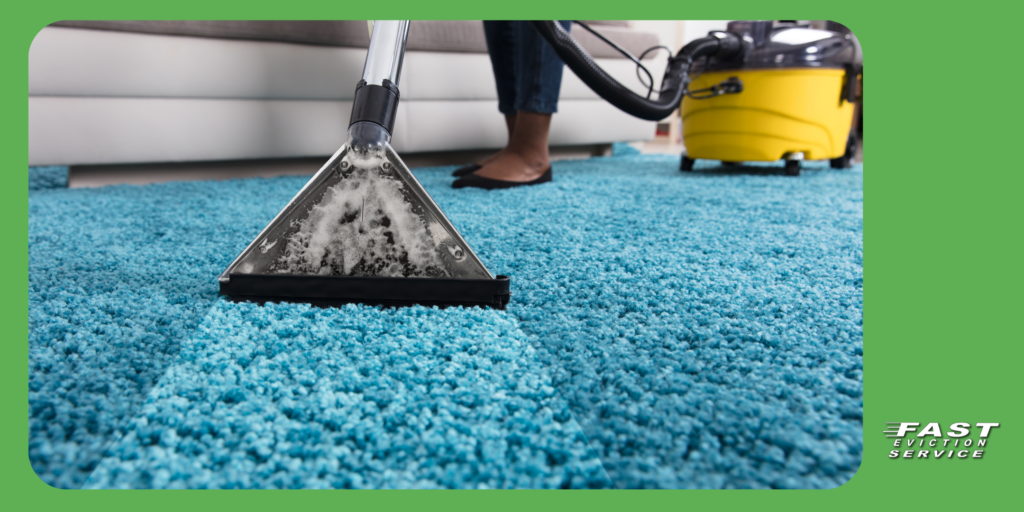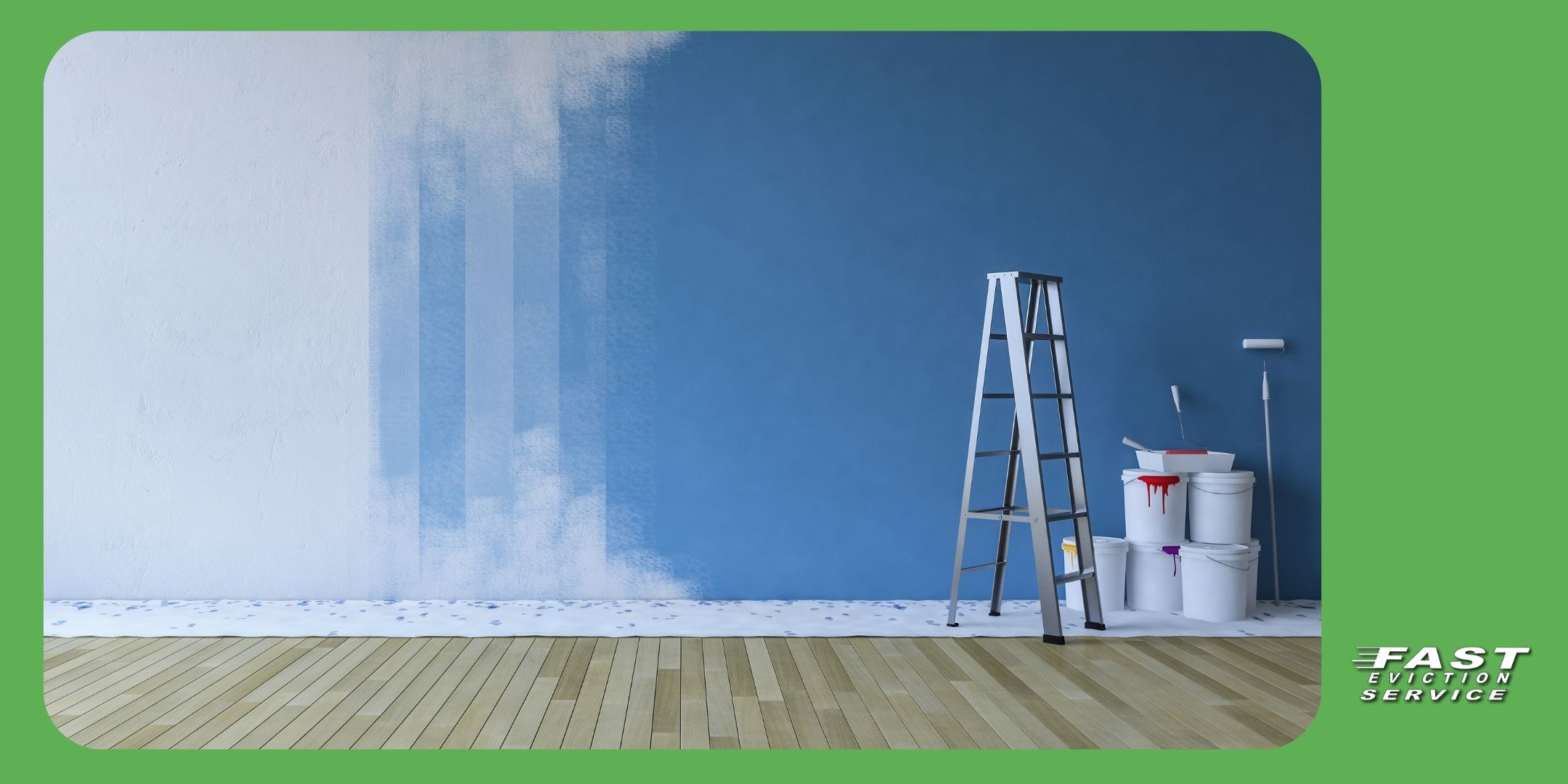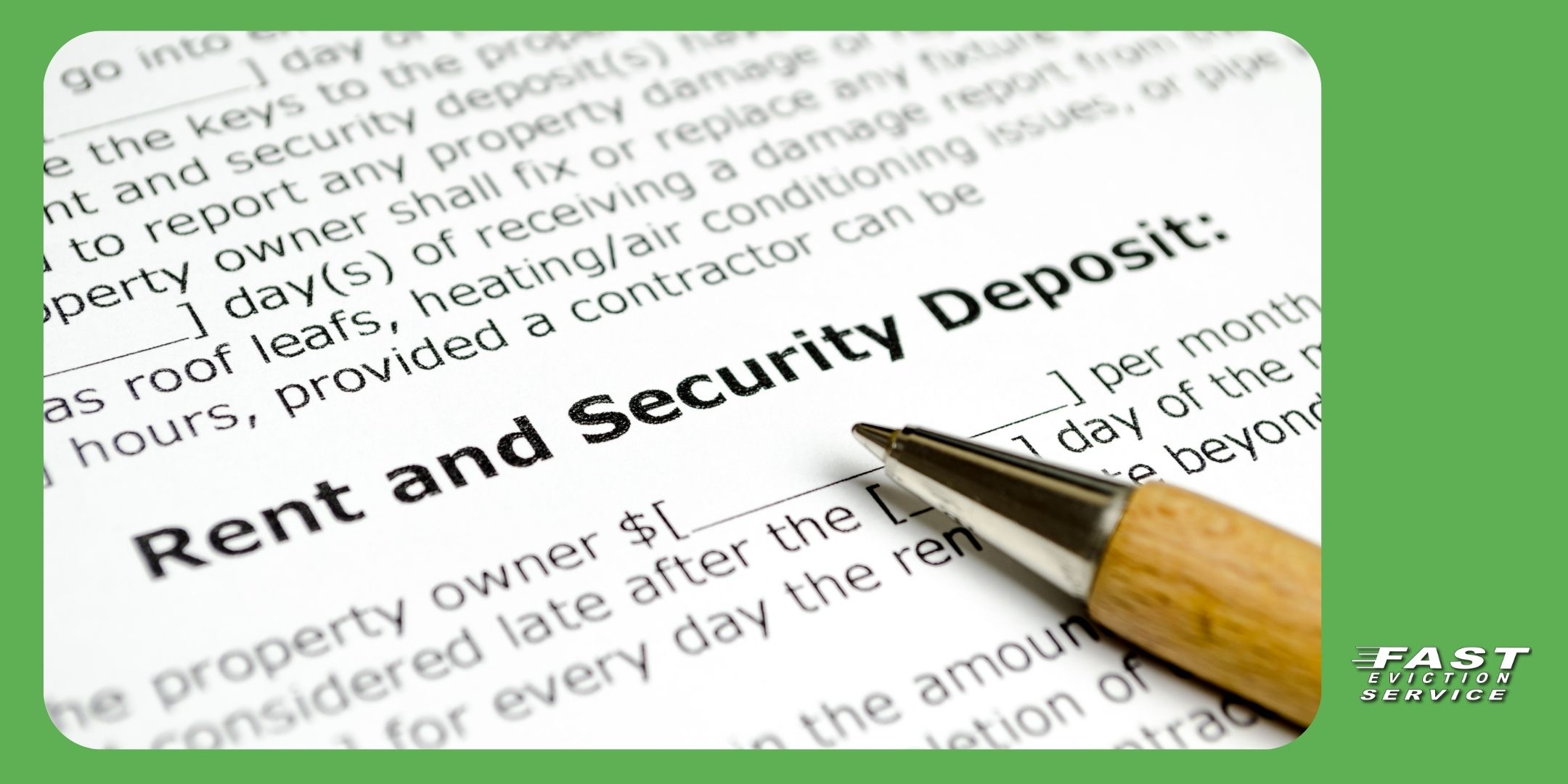In California, the responsibility for carpet cleaning is typically addressed in the lease agreement between the landlord and tenant. The California Civil Code does not specifically address carpet cleaning, so it often depends on what is stipulated in the lease.

Lease agreements commonly include provisions regarding the maintenance and cleanliness of the rental property, including details about who is responsible for specific tasks such as carpet cleaning. Some leases may require tenants to return the property in the same condition as when they moved in, while others may specify that certain cleaning tasks, including carpet cleaning, are the responsibility of the landlord.
Security Deposit Deductions
According to California law, security deposits are intended to cover any unpaid rent or for the repair of damages beyond normal wear and tear. Normal wear and tear refers to the natural deterioration of a property over time, which is expected to occur even with regular, reasonable use. Landlords are generally not allowed to deduct costs related to normal wear and tear from a tenant’s security deposit.
Carpet cleaning falls into the category of maintenance that is often considered a regular part of property upkeep. If the need for carpet cleaning is attributed to normal wear and tear, the cost should not be deducted from the tenant’s security deposit. Examples of normal wear and tear on carpets may include slight discoloration or thinning of the carpet fibers due to regular use.
However, landlords are within their rights to charge tenants for damages that exceed normal wear and tear. If the carpet requires cleaning due to excessive dirt, pet urine, or other forms of staining that go beyond what is considered reasonable wear, the landlord may deduct the cost of cleaning or repairing the carpet from the tenant’s security deposit.
It’s important for both landlords and tenants to document the condition of the rental property at the beginning and end of the lease term. Conducting a thorough move-in and move-out inspection with a written checklist and, if possible, photographic evidence can help clarify any disputes regarding the return of the security deposit.
When Can a Landlord Charge Tenants for Carpet Cleaning
The conditions under which landlords can and cannot charge tenants for carpet cleaning in California are generally governed by the terms of the lease agreement and the state’s laws regarding security deposits. Here’s a more detailed explanation of the provided statement:
Lease Agreement Terms
If the lease agreement explicitly states that the tenant is responsible for carpet cleaning, regardless of the condition of the carpets, the landlord can enforce this provision. Lease agreements are legally binding contracts, and both parties are expected to adhere to the agreed-upon terms.
Tenant-Induced Damage or Excessive Stains
Landlords are allowed to charge tenants for carpet cleaning if there is significant damage beyond normal wear and tear. This includes situations where the tenant has caused substantial stains, dirt, or damage to the carpets during the tenancy. For example, if a tenant has pets that cause urine stains or if there is excessive soiling of the carpets, the landlord may deduct the reasonable cleaning or repair costs from the tenant’s security deposit.
Normal Wear and Tear
Landlords cannot charge tenants for carpet cleaning that is deemed necessary due to normal wear and tear. Normal wear and tear are the expected, gradual deterioration of a property that occurs with ordinary use. If the carpets show signs of wear that are considered normal, such as slight discoloration or thinning of fibers from regular use, the cost of cleaning or replacement generally cannot be passed on to the tenant.
No Explicit Contractual Terms or Damage
If the lease agreement does not contain specific terms regarding carpet cleaning responsibilities, and there is no tenant-induced damage to the carpets, landlords generally cannot add end-of-tenancy carpet cleaning costs to the tenant’s invoice. In such cases, the security deposit should be returned to the tenant in accordance with state laws governing security deposits.
It’s crucial for both landlords and tenants to carefully review and understand the terms of the lease agreement before signing. Clear communication and documentation throughout the tenancy, including move-in and move-out inspections, can help avoid disputes related to security deposit deductions and carpet cleaning charges. If there are disagreements, parties may need to refer to the relevant state laws and dispute resolution procedures.



